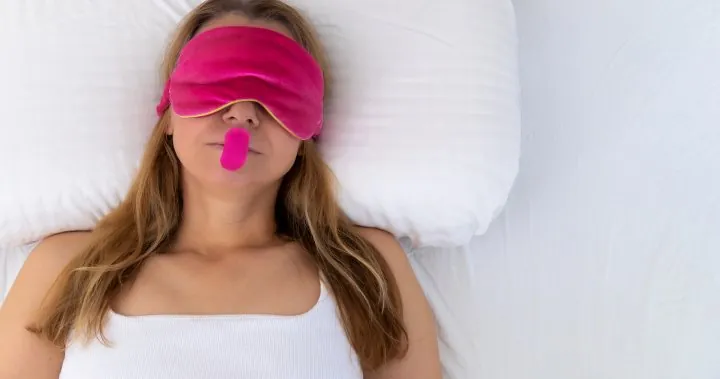
Is Mouth Taping the Sleep Solution We’ve Been Waiting For?
2025-05-22
Author: Benjamin
The Viral Sensation of Mouth Taping
Mouth taping, the trendy practice of sealing your lips at night to promote nasal breathing, has taken social media by storm. From TikTok to Instagram, influencers are buzzing about its potential benefits for snoring, dry mouth, and achieving a restful night’s sleep.
The Promise vs. The Reality
At first glance, mouth taping seems like a quirky sleep hack—simple and harmless. However, medical experts urge caution, suggesting it could be ineffective or even risky for those with undiagnosed sleep disorders.
Debate Rages Online
A quick search for "mouth taping" reveals a spectrum of opinions. While many share glowing testimonials about reduced snoring and better sleep, others raise red flags, especially for those who may have conditions like sleep apnea. The danger? Restricting airflow could lead to severe health risks.
Scientific Evidence Unveiled
Recent research from Canada adds time to this ongoing debate. A study published in *PLOS One* argues that mouth taping might be especially hazardous for individuals with sleep apnea, a condition often undiagnosed and dangerous. The research team from the London Health Sciences Centre reviewed 10 pertinent studies, finding major gaps in the purported benefits of mouth taping.
What the Research Reveals
While two studies noted slight improvements in mild sleep apnea symptoms, most research found no significant benefits regarding snoring or disrupted breathing. Alarmingly, several studies highlighted safety issues, noting that people with nasal blockages could face serious asphyxiation risks.
A Cautionary Perspective
The study’s lead author, Dr. Brian Rotenberg, emphasized that most evidence showed no real advantages to mouth taping. With 80% of the reviewed studies suggesting minimal benefits, he urges careful consideration.
Dr. Rotenberg noted, "Our nose is vital. It warms and humidifies the air we breathe. But many struggle with nasal breathing for various reasons, from allergies to structural issues like a deviated septum or even rare nasal tumors." If you don’t know you have these problems, mouth taping is unlikely to help—and may even introduce new health risks.
The Bottom Line: Is It Worth the Risk?
Though some individuals report feeling more rested after trying mouth taping, Dr. Rotenberg warns that these anecdotes don’t guarantee safety or effectiveness for everyone. If you have difficulty breathing through your nose, it’s wise to consult your doctor to address any underlying conditions.
In the end, before jumping on the mouth taping trend, consider the potential risks and consult a professional to understand what’s right for you.

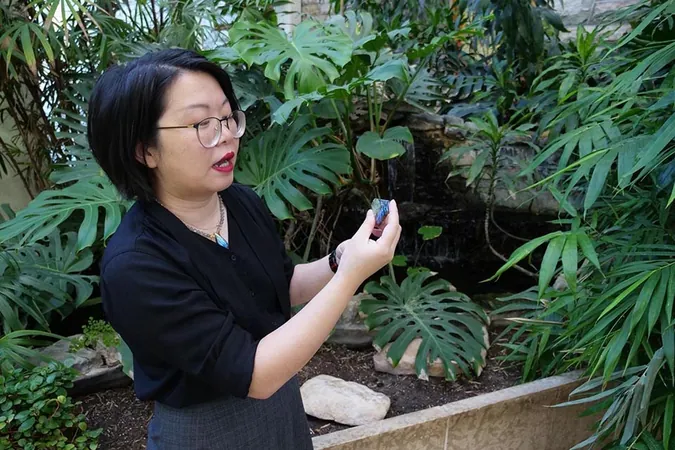



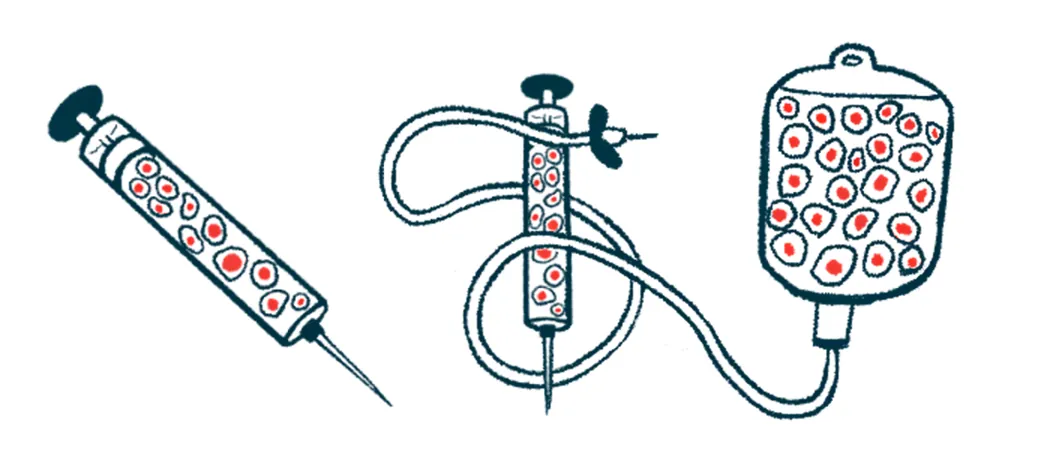

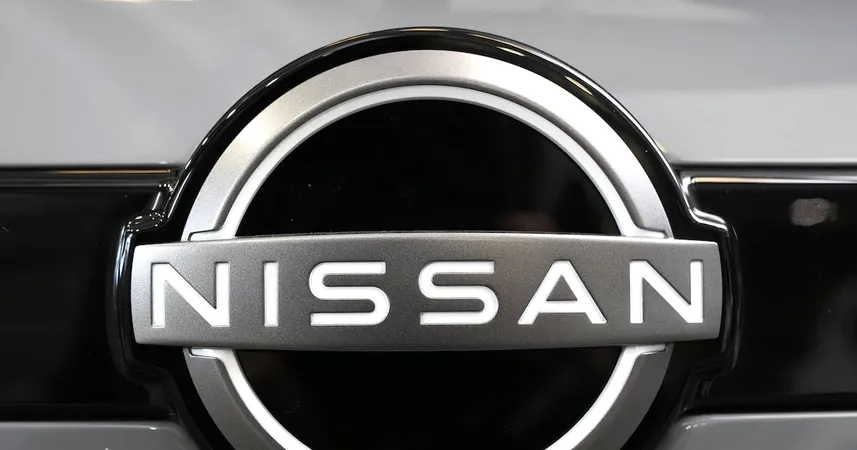
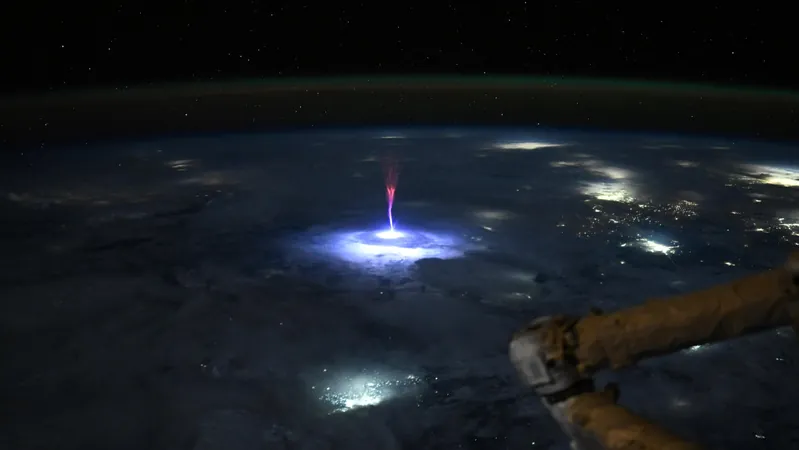
 Brasil (PT)
Brasil (PT)
 Canada (EN)
Canada (EN)
 Chile (ES)
Chile (ES)
 Česko (CS)
Česko (CS)
 대한민국 (KO)
대한민국 (KO)
 España (ES)
España (ES)
 France (FR)
France (FR)
 Hong Kong (EN)
Hong Kong (EN)
 Italia (IT)
Italia (IT)
 日本 (JA)
日本 (JA)
 Magyarország (HU)
Magyarország (HU)
 Norge (NO)
Norge (NO)
 Polska (PL)
Polska (PL)
 Schweiz (DE)
Schweiz (DE)
 Singapore (EN)
Singapore (EN)
 Sverige (SV)
Sverige (SV)
 Suomi (FI)
Suomi (FI)
 Türkiye (TR)
Türkiye (TR)
 الإمارات العربية المتحدة (AR)
الإمارات العربية المتحدة (AR)